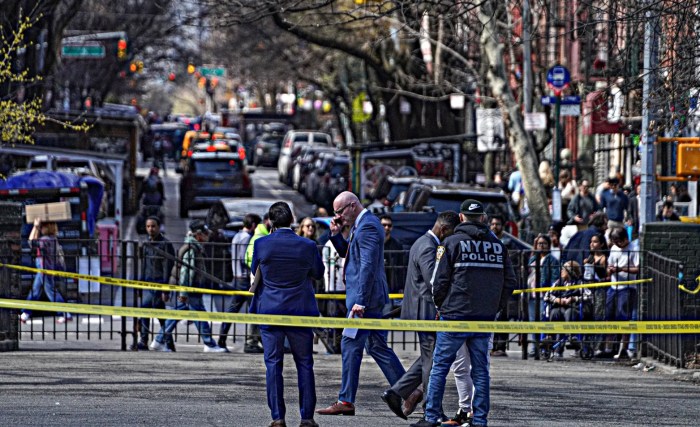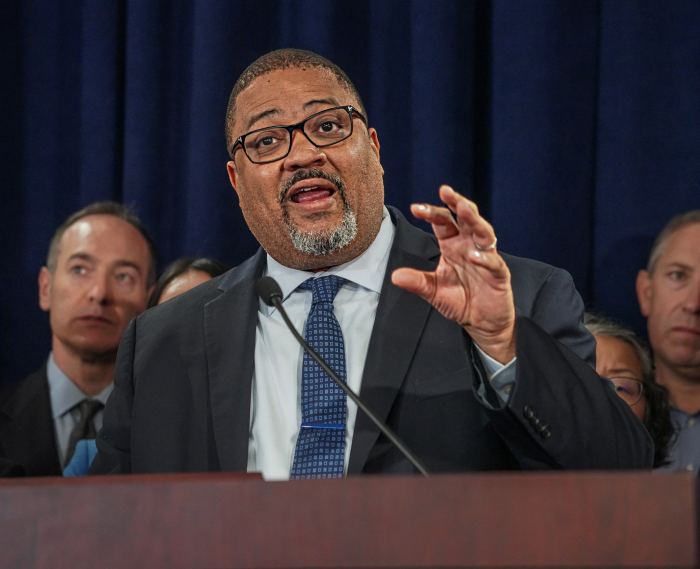By Aileen Torres
“Into the Fire: American Women in the Spanish Civil War” is not a feminist film. There do happen to be women in it, who are the sole source of perspective on the intra-national conflict that was a prelude of sorts to World War II. But this documentary, released in 2002 by Exemplary Films and produced and directed by Julia Newman, focuses on a group of individuals who felt and acted upon a humanitarian impulse; they saw an atrocity happening abroad and refused to turn away in feigned ignorance. At home, their actions were either unacknowledged or disdained. But that did not matter; they had work to do, and they did it valiantly; and, effectively, too.
Now, a history lesson: On July 18, 1936, a fascist wing of the military, led by General Francisco Franco, attempted a coup against the newly elected democratic government of Spain. Hitler and Mussolini lent their forces to Franco, while 40,000 anti-fascists from 50 countries joined the International Brigade to aid Spain’s government. The brigade included approximately 2,700 American soldiers and 80 American women, mostly nurses and writers, fighting for “La Causa,’ The Cause.
“I had only to read in the German paper [about] ‘the red swine dogs’ to know whose side I was on,” remarked Martha Gellhorn, a journalist, who corresponded with Eleanor Roosevelt throughout the Spanish Civil War. Gellhorn, whose observations appear as narration in “Into the Fire,” was Ernest Hemingway’s third wife.
The nurses were interviewed extensively in “Into the Fire,’ which won third place at the Seattle International Film Festival in 2002 beating out Martin Scorsese’s “My Voyage to Italy.” One nurse, Salaria Kea, was the only African-American nurse in the Second American Medical Unit.
“I didn’t know about fascism,” she said. “Here’s the thing that brought everything to me: It was the way Germany was treating the Jews. What Hitler was doing with them, it was like the Ku Klux Klan.”
Although politics was not a part of their daily life, the nurses nonetheless felt an urgency when it came to ‘La Causa,’ a phenomenon that was, for the most part, unknown to the American public and ignored by politicians.
“Strange, how easily our pockets affect our feeling for democracy,” wrote Eleanor Roosevelt to Gellhorn.
Courage was a defining characteristic of the volunteer nurses; remarkable in the face of such deadly conflict.
“Most of us thought that we might never return,” said Esther Silverstein. When the writer Josephine Herbst told Max Perkins she wanted to go to Spain, he replied: “Don’t you know that Madrid is going to be bombed out?” But she went, anyway.
The volunteers quickly demonstrated their mettle with such feats as working 40-hours nonstop to help doctors operate on soldiers, many of whom had been shot in the head and chest. One nurse recalled a night when the operating table light suddenly went out in the middle of a surgery, and the nurses scrambled to get flashlights so the doctor could finish removing a shattered kidney from a patient.
“We just saw what had to be done and did it,” said one. For example, Celia Greenspan, who was a lab technician at the time, became a nurse “overnight.” “I had never done more than put a band-aid on a cut or took blood,” she said. But she became an adept nurse, overseeing many patients at one of the hospitals in Spain’s countryside.
Back home, in the U.S., the plight of the Spaniards held little collective importance, if any at all. Eleanor Roosevelt remained well apprised of the situation from Gellhorn, whom she encouraged to “write Spain out of your system.” But Mrs. Roosevelt’s concern was generally not shared by government officials. “The Spanish Earth,” a Joris Ivens documentary about the war narrated by Ernest Hemingway, was shown one evening at the White House, but to no effect.
Meanwhile, nurse Silverstein returned home and spoke to a crowd at Madison Square Garden, urging Americans to send medical supplies to help the Spanish republicans.
“Most importantly,” she told the crowd, “you must send to Spain solidarity, so that the Spanish people will know that you are for them.”
Her pleas were unheeded. In September 1938, the republican government of Spain, lacking the necessary resources to maintain the fight against Franco’s forces, withdrew the International Brigade from the front in a good will gesture motivated by the hope that Franco would do the same.
“It was a blurry, teary day for me,” said the volunteer nurse Ruth Davidow. “I felt guilty. I had left all these people at the front. I didn’t know what was gonna happen to them, and I felt like a traitor.”
She recalls a Spanish farmer who pronounced a prophetic warning to her: “Wait,” he had said. “These people will get the real war because they’re not helping us now.”
On April 1, 1939, the fascists seized control of Spain’s government. Five months later, on September 1, 1939, the Nazis invaded Poland and World War II began. Still, as Newman insists with her revelatory documentary, the efforts of the women who went to Spain should not be forgotten.

















